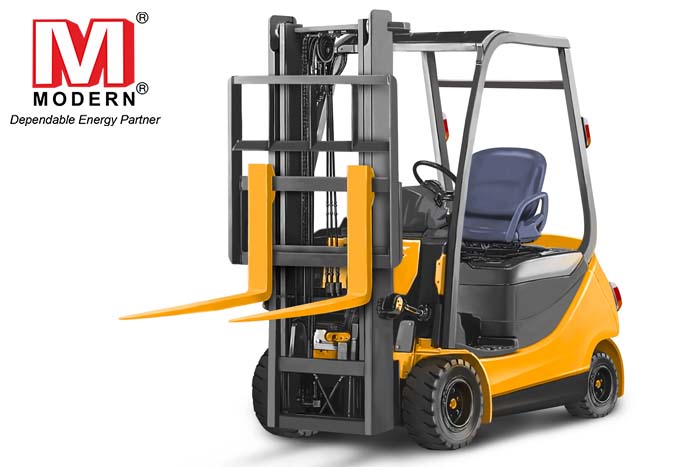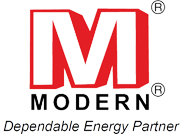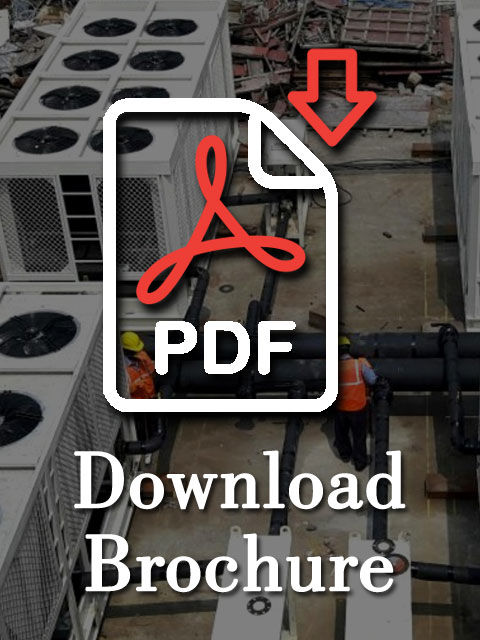
Maintenance Tips for Rented Forklifts
Renting a forklift is a practical and cost-effective solution for businesses with varying material handling needs. To ensure optimal performance and safety, proper maintenance practices are essential. In this article, we explore key maintenance tips to keep rented forklifts in peak condition throughout their rental period.
Regular Inspections:
Conduct routine visual inspections before each use. Check for any visible damage, leaks, or loose components. Addressing minor issues promptly can prevent them from escalating into major problems.
Fluid Levels:
Regularly check and maintain the appropriate levels of hydraulic fluid, engine oil, coolant, and brake fluid. Proper fluid levels are critical for the forklift’s overall performance and longevity.
Battery Care:
If your rented forklift is electric, monitor the battery regularly. Ensure it is adequately charged and properly connected. Clean battery terminals to prevent corrosion, and replace batteries when necessary.
Tire Maintenance:
Inspect tires for wear and tear. Proper tire pressure is crucial for stability and load-carrying capacity. Replace damaged or excessively worn tires promptly to avoid compromising safety and efficiency.
Lubrication:
Forklifts have various moving parts that require proper lubrication. Follow the manufacturer’s guidelines for lubrication intervals and use the recommended lubricants to reduce friction and prevent premature wear.
Check Lights and Signals:
Ensure all lights, indicators, and signals are functioning correctly. Proper lighting is crucial for safety, especially in low-light conditions or when working in warehouse aisles.
Inspect Brakes:
Regularly check the brakes for responsiveness and wear. Replace brake pads or shoes as needed to maintain efficient stopping power. Well-maintained brakes are vital for both safety and operational performance.
Keep the Forklift Clean:
A clean forklift is not only more visually appealing but also performs better. Regularly clean the forklift, removing dirt, debris, and any accumulated materials that could interfere with its operation.
Follow Load Capacity Guidelines:
Adhering to the specified load capacity is crucial for both safety and the longevity of the forklift. Overloading can lead to mechanical stress and increased wear on components.
Operator Training and Awareness:
Ensure that operators are trained and aware of proper forklift operation and maintenance practices. Encourage them to report any issues promptly and provide guidelines for safe and efficient use.
Proactive maintenance is key to keeping rented forklifts in top-notch condition, ensuring they perform reliably and safely. By implementing these maintenance tips, businesses can maximize the efficiency and lifespan of their rented forklifts, contributing to a smoother and more productive material handling operation.

